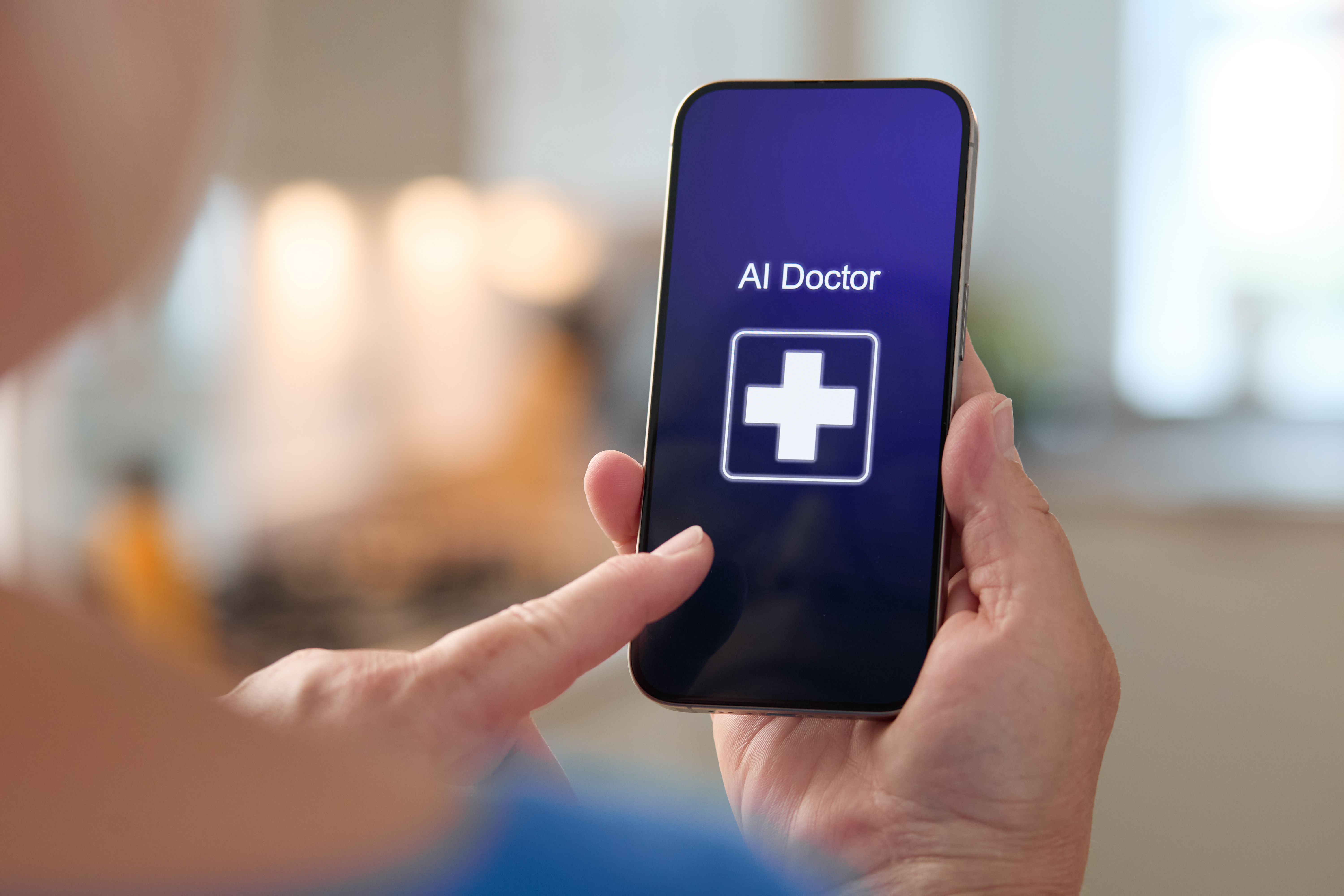Questions to Ask Your Doctor About AI-Powered Health Diagnostics
The advent of artificial intelligence (AI) in healthcare has revolutionized the way medical diagnostics are conducted. From predicting disease outbreaks to personalizing treatment plans, AI is transforming healthcare delivery. However, as these technologies become more integrated into clinical practice, patients and healthcare providers face a multitude of questions regarding their use and implications. Understanding AI's role in health diagnostics requires a comprehensive exploration of its capabilities, limitations, and ethical considerations. This article delves into the critical questions patients should discuss with their doctors to navigate AI diagnostics effectively. By examining these questions, we aim to empower individuals to make informed decisions about their healthcare, ensuring that AI serves as a beneficial tool rather than a source of confusion or mistrust.
1. Understanding the Role of AI in Diagnostics

AI's role in diagnostics is multifaceted, encompassing everything from image analysis to predictive analytics. Machine learning algorithms can analyze vast amounts of data faster and often more accurately than human practitioners, offering insights that might otherwise be missed. For instance, AI can detect subtle changes in imaging scans that signal the early stages of diseases like cancer, potentially leading to earlier interventions and better outcomes. However, while AI can enhance diagnostic accuracy, it is not infallible. Algorithms are only as good as the data they are trained on, and biases in data can lead to misdiagnoses. It's crucial for patients to understand that AI should complement, not replace, the expertise of healthcare professionals. Engaging with doctors about how AI is used in their diagnostic processes can help patients appreciate the technology's benefits while remaining aware of its limitations.
2. Evaluating the Accuracy of AI Diagnostic Tools

Accuracy is a cornerstone of effective diagnostics, and AI tools are no exception. Patients should inquire about the accuracy rates of AI-driven diagnostic tools used in their care. These rates can vary significantly depending on the condition being diagnosed and the quality of the data used to train the AI. For example, AI systems used in radiology might boast high accuracy rates due to the large datasets available for training, while those used for rarer conditions might not perform as well. Doctors should be able to provide information on the validation studies conducted for the AI tools they use, including any peer-reviewed research supporting their efficacy. Understanding these details can help patients gauge the reliability of AI diagnostics and make more informed decisions about their treatment options.
